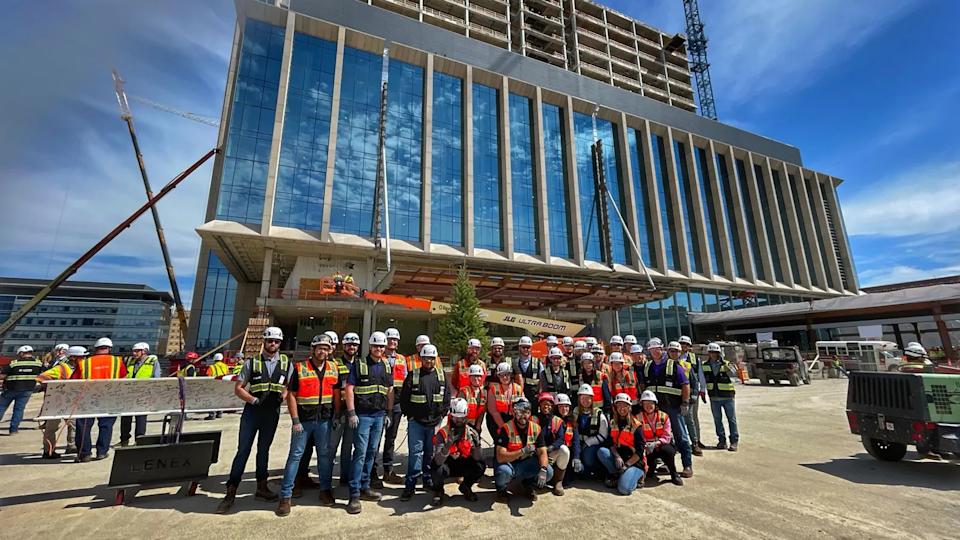The California Prison Hunger Strike was officially suspended on Sept. 5 — about 60 days after 30,000 inmates in California prisons started refusing state-issued meals. While the strike demands have yet to be met, the strike was suspended after two California state legislators announced that they would hold public hearings in the coming months on the state’s use of solitary confinement.
The strike began on July 8 in an effort to end the act of holding California inmates apart from the general population in secure housing unit cells — also known as solitary confinement, although the California Department of Corrections and Rehabilitation (CDCR) does not refer to it as that.
“The [inmates] are glad to suspend the hunger strike because there are going to be legislation hearings over the use of solitary confinement,” said Joyce Hayhoe, director of legislation and communication with California Correctional Health Care Services. “They are reserving the right to start up the strike again if the result of the hearings don’t produce the results they would like.”
Initially, the strike involved about 30,000 fasting inmates but shrunk to about 100 inmates by the time it was suspended. A federal judge had given authorities permission to feed inmates if it was necessary to save an inmate’s life — for instance, if an inmate became unconscious or incoherent, not knowing why they were fasting. Hayhoe said that officials did not have to resort to that measure, however, and as of Sept. 9, all strike participants were back to eating regular solid food. While the inmates have lost weight, they are in relatively good shape, Hayhoe said.
“We’re always concerned when our inmates should choose to undergo a hunger strike because it puts the inmate at risk and puts a huge burden on our staff to take care of them,” Hayhoe said. “We’re happy that this hunger strike has been suspended and that no inmates suffered serious harm or damage.”
About 80,000 prisoners are in solitary confinement in the U.S., according to the United Nations’ Office of the High Commissioner for Human Rights, and about 3,500 of them are part of the California prison system, said Jeffrey Callison, press secretary for the CDCR. Most of the inmates facing solitary confinement in California are being held in the Pelican Bay State Prison’s Security Housing Unit (SHU). Mother Jones reported that 1,198 people are being held there in an 11-foot-by-7-foot windowless cell, and about 400 of them have been in solitary confinement for more than a decade.
No agreement for system-wide reforms has been made as a result of the strike, according to prison rights groups; however, inmates at San Quentin and Calipatria State Prison reported verbal settlements with their wardens. Mother Jones reported that attorneys for the prisoners have filed a federal lawsuit against California Gov. Jerry Brown asking to end indefinite solitary detention and to initiate due process for prisoners before they’re confined to the SHU.
As the case unfolds over the next couple months, Hayhoe said that California Correctional Health Care Services will undergo an assessment on how the organization handled the hunger strikes to determine what the staff can do differently should another one occur.





